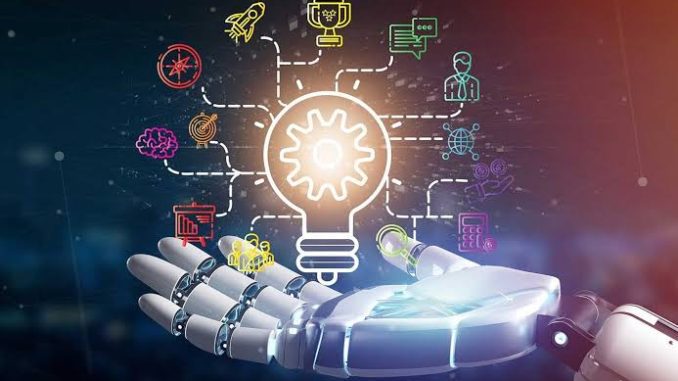
In the ever-evolving world of technology, keeping up with the latest advancements is crucial. From artificial intelligence to biotechnology, the innovations of today are shaping the future in unprecedented ways. Here’s a look at some of the most significant technological breakthroughs you need to know about in 2024.
1. Quantum Computing
Quantum computing has moved from theoretical research to practical application, promising to revolutionize industries by solving problems that classical computers can’t handle. Companies like IBM, Google, and Intel are making significant strides in developing quantum processors. These processors use quantum bits (qubits) that can represent and process information in ways traditional bits cannot, enabling computations at speeds previously unimaginable.
One notable advancement is IBM’s 433-qubit quantum processor, which aims to tackle complex simulations in fields like cryptography, material science, and drug discovery. The potential to revolutionize data encryption and secure communications is particularly exciting, as quantum computing could render current encryption methods obsolete.
2. AI and Machine Learning
Artificial intelligence (AI) continues to break new ground, particularly in natural language processing (NLP) and generative AI. Models like GPT-4, developed by OpenAI, are pushing the boundaries of what AI can achieve in terms of understanding and generating human language. These models are being integrated into various applications, from customer service chatbots to advanced data analysis tools.
Moreover, AI is making strides in healthcare with predictive analytics and personalized medicine. AI-driven diagnostic tools are becoming more accurate, assisting doctors in early disease detection and tailored treatment plans, which significantly enhance patient outcomes.
3. Biotechnology and CRISPR
Biotechnology is experiencing a renaissance with CRISPR-Cas9, a revolutionary gene-editing technology. This tool allows scientists to edit genes with unprecedented precision, offering potential cures for genetic disorders, cancer, and viral infections. Recently, researchers have made progress in using CRISPR to modify genes in living organisms, aiming to eliminate diseases like sickle cell anemia and cystic fibrosis.
Another exciting development is the creation of synthetic life forms. Scientists are engineering microorganisms with custom genomes designed to produce pharmaceuticals, biofuels, and other valuable chemicals, paving the way for a new era of synthetic biology.
4. Renewable Energy Technologies
The push for sustainable energy solutions has led to significant advancements in renewable energy technologies. Solar power efficiency has improved with the development of perovskite solar cells, which are cheaper and easier to produce than traditional silicon-based cells. Additionally, breakthroughs in battery technology, such as solid-state batteries, promise to enhance energy storage capacity and longevity, crucial for both electric vehicles and grid storage.
Hydrogen fuel cells are also gaining traction as a clean energy source, with potential applications ranging from powering vehicles to providing backup power for industries. Companies are investing heavily in hydrogen infrastructure, envisioning a future where hydrogen plays a central role in the energy mix.
5. Metaverse and Virtual Reality (VR)
The concept of the metaverse, a collective virtual shared space, is becoming more tangible with advances in virtual reality (VR) and augmented reality (AR) technologies. Companies like Meta (formerly Facebook) and Microsoft are developing immersive platforms where users can interact in a virtual environment for work, play, and socializing.
These technologies are not just for entertainment; they are transforming fields such as education, training, and remote work. VR-based training programs are providing hands-on experience in a risk-free environment, while AR applications are enhancing real-world tasks with digital overlays, improving efficiency and safety in industries like manufacturing and healthcare.
6. Autonomous Systems
Autonomous systems, particularly self-driving cars and drones, are on the brink of becoming mainstream. Advances in AI and sensor technology have made these systems more reliable and safe. Companies like Tesla, Waymo, and Amazon are at the forefront, testing autonomous vehicles and delivery drones that could revolutionize transportation and logistics.
The deployment of 5G networks is also playing a critical role in the development of autonomous systems by providing the necessary high-speed, low-latency communication required for real-time decision-making and coordination.
Conclusion
These technological breakthroughs are just the tip of the iceberg. As research and development continue to push the boundaries, the impact of these innovations will become increasingly profound, transforming how we live, work, and interact with the world. Staying informed about these advancements not only prepares us for the future but also inspires us to contribute to the next wave of technological progress.